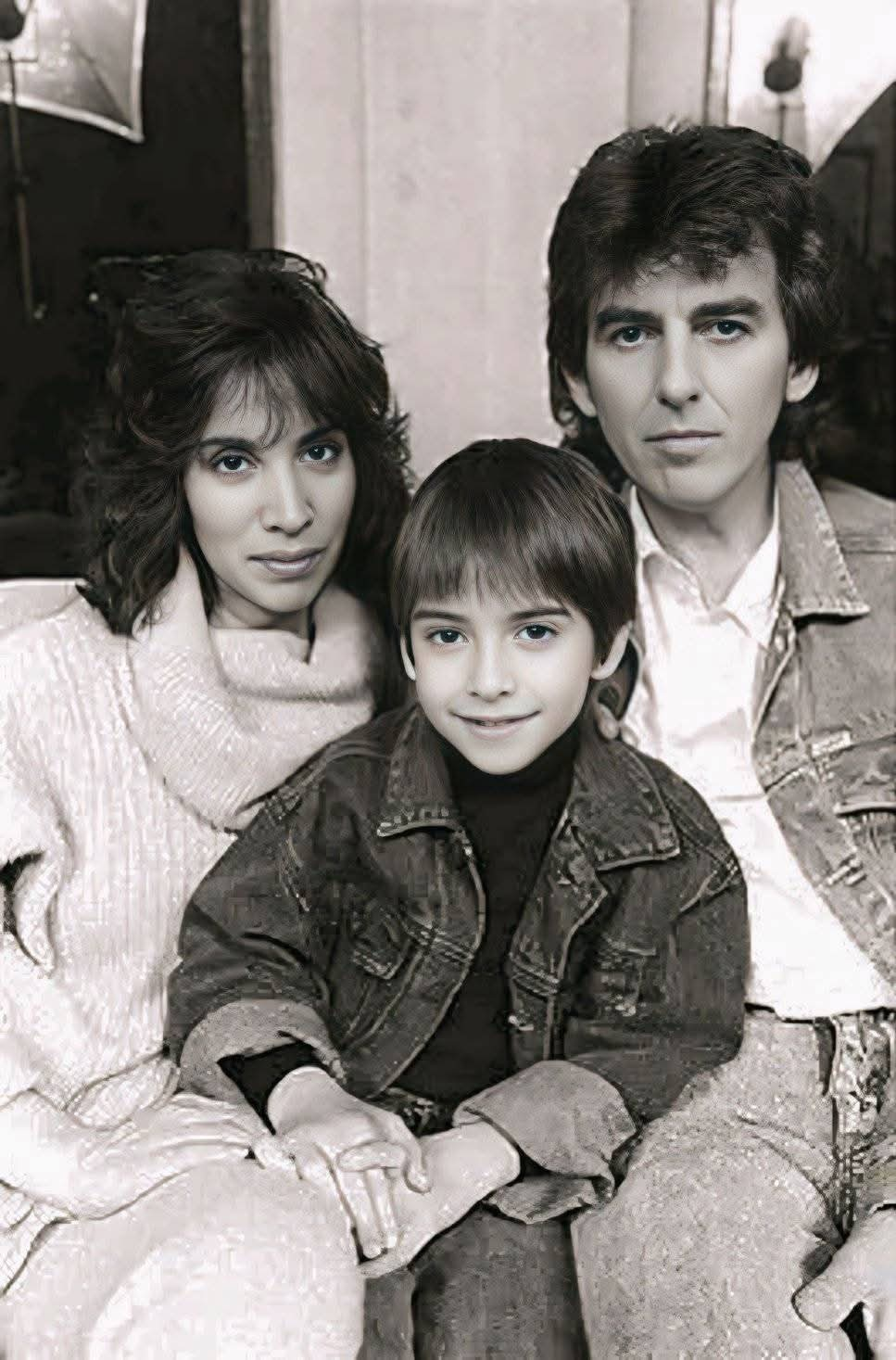
When The Beatles officially disbanded in 1970, the world expected each of the Fab Four to carve out a new, public-facing path in the spotlight. But while Paul McCartney launched a new band and John Lennon grabbed headlines with provocative activism and solo work, George Harrison quietly stepped back not out of retreat, but out of choice.

For Harrison, fame had always come with a price. During his time in The Beatles, he was often the “quiet Beatle,” overshadowed by Lennon and McCartney’s songwriting dominance. Yet beneath the surface, Harrison had grown into a profound artist with a unique spiritual and musical voice. And when the band ended, he didn’t chase the limelight. He embraced freedom.
The Solo Breakthrough: “All Things Must Pass”
Just months after the split, Harrison released All Things Must Pass in November 1970. The triple album, an ambitious and deeply spiritual body of work, was a declaration that Harrison had far more to offer than anyone had imagined. It included the iconic single “My Sweet Lord,” which topped charts around the world and became the first solo Beatle song to hit No. 1 in both the U.S. and the U.K.
Unlike the pop-focused narratives of his bandmates, Harrison’s music explored themes of inner peace, transcendence, mortality, and faith. All Things Must Pass wasn’t just a commercial success, it was a spiritual awakening through sound.
A Life Beyond The Spotlight
Instead of using his solo success as a springboard to pop stardom, Harrison made a conscious decision to live a quieter life. He bought Friar Park, a sprawling estate in Henley-on-Thames, and turned inward, spending time gardening, exploring Eastern philosophy, and focusing on music at his own pace.
He was never one to hunger for attention. When asked why he wasn’t more visible, Harrison once replied, “I’m just not one for the showbiz life. I’d rather be real.”
Using Fame For Purpose, Not Vanity
Though not constantly in the public eye, Harrison used his influence meaningfully. In 1971, he organized the historic Concert for Bangladesh, the first major benefit concert of its kind, raising international awareness and humanitarian aid for victims of war and famine. It was a bold move, and one that showed his commitment to using music for something greater than personal gain.
Artistic Integrity Over Commercial Appeal
Throughout the ’70s and ’80s, Harrison continued to release solo albums, including Living in the Material World, Thirty Three & 1/3, and Cloud Nine. While he never replicated the commercial highs of his Beatles years, he remained a critically respected figure one who never compromised his values for chart positions.
Even his 1988 venture with the supergroup Traveling Wilburys, alongside Bob Dylan, Tom Petty, Roy Orbison, and Jeff Lynne was approached with light-hearted joy rather than self-promotion. It was music for fun, not for fame.
A Quiet Legacy
George Harrison’s post-Beatles life was defined not by spotlights, but by authenticity. He stepped away from the manic celebrity machine and forged a life that balanced music, spirituality, and a deep appreciation for the natural world. He wasn’t interested in staying famous. He was interested in staying true.
When Harrison passed away in 2001, he left behind more than just a catalog of timeless music, he left an example of how to live with grace after fame. In a world that often values noise over meaning, George Harrison chose the quiet path, and in doing so, he spoke volumes.
Leave a Reply